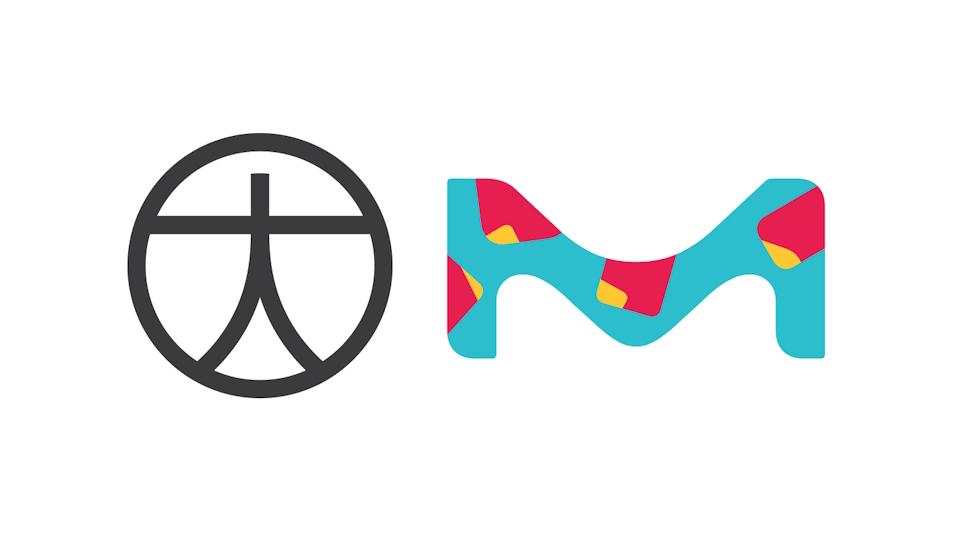Merck, Huma alliance bears fruit with UK bladder cancer app

Mere months after announcing a partnership to develop digital support tools for cancer patients, Huma Therapeutics and Merck KGaA have launched their first app in the UK.
The new app is directed at people with urothelial carcinoma – the most common form of bladder cancer – and aims to help patients and caregivers navigate the complexities of bladder cancer treatment by providing reliable information and support throughout the treatment journey.
The UK is the first country in which the app will be made available, but the plan is to roll it out in several additional countries in the next year or so and potentially expand it to include additional cancer types.
It was developed with input from cancer care centres and patient organisations and aims to help patients understand their treatment and have better conversations with care teams, monitor their progress and manage expectations, find information about holistic care services that may be available, and develop a personal support network.
“Although there is a wealth of knowledge available to patients through various websites, patients may understandably want a reliable source of information through a single portal,” said Joachim Chan, a consultant clinical oncologist at the Clatterbridge Cancer Centre in Liverpool.
“This app will give clear informative summaries of the treatment options available for patients and relatives to absorb, so that they can approach treatment with a more positive mindset,” he added. “By being well informed about the effects that treatment may have on them, it [could] help facilitate them to continue with their day-to-day living.”
When they first joined forces last November, Merck and Huma said they wanted to develop a Cross-Indication Disease Management Platform that would apply to patients treated with Merck’s cancer therapies, which include bladder cancer immunotherapy Bavencio (avelumab).
Huma’s software platform has attracted a series of pharma company partnerships with the likes of AstraZeneca, Bayer, and Smith+Nephew, as well as Merck, many stemming from a surge in interest in digital health that emerged during the COVID-19 pandemic.
Its business spans the development of digital companion apps and AI algorithms that can support patients, as well as clinical decision-making by healthcare professionals.
Last year, Huma was, however, forced to axe around 10% of its staff as a result of a slowdown in revenues caused by cost-saving initiatives aimed at clients and a difficult fundraising environment, according to a Sifted report.













